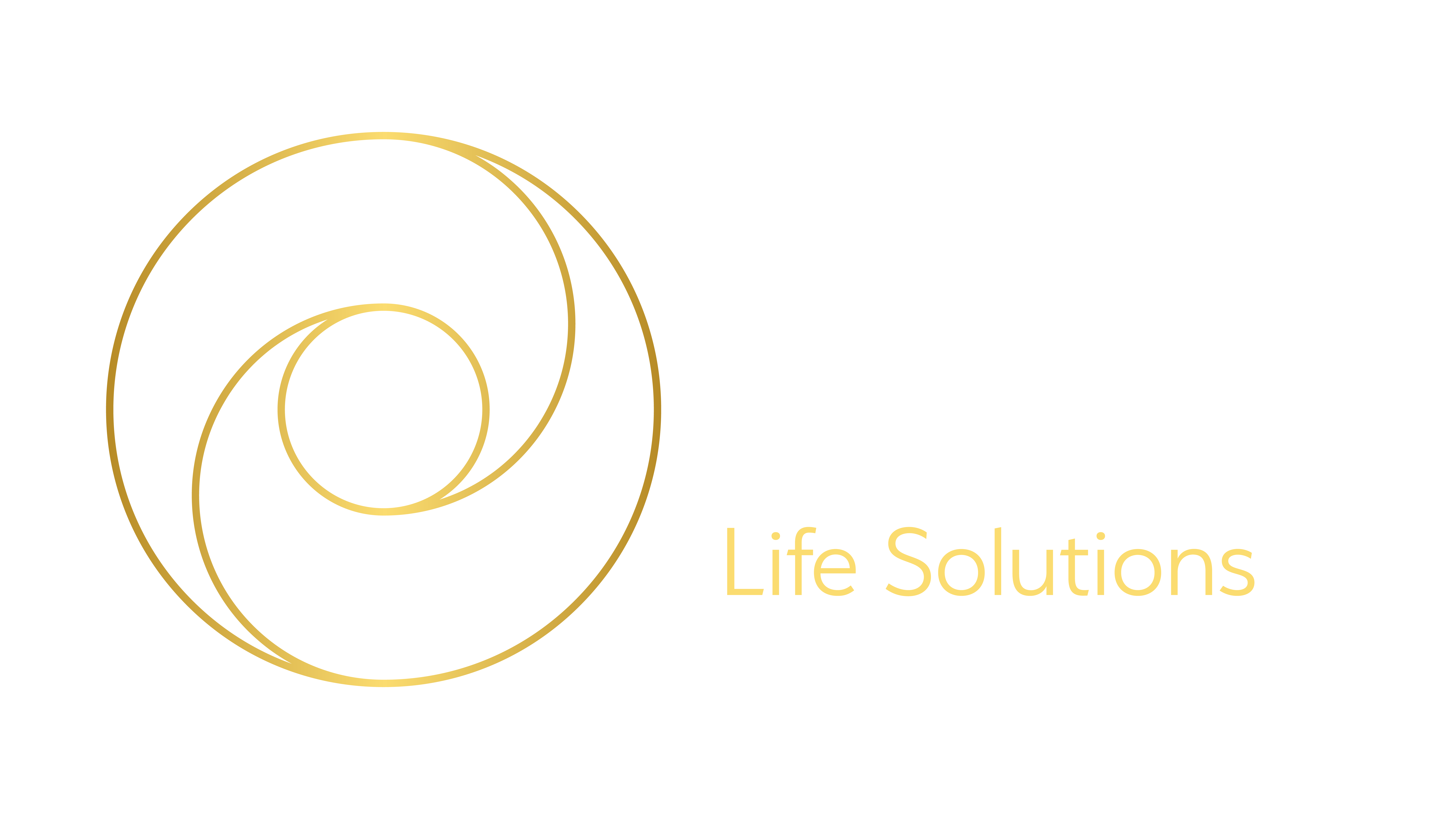
Family Constellations Therapy or IoPT? A Comparative Look at Two Powerful Healing Modalities
When exploring deep therapeutic methods, two key approaches that stand out are Bert Hellinger’s Family Constellations Therapy and Professor Franz Ruppert’s Identity-Oriented Psychotrauma Therapy (IoPT). Both are grounded in the exploration of the “phenomenological knowing field,” an intriguing concept linked to Rupert Sheldrake’s theory of morphic fields. Despite sharing common roots, these therapeutic methods have diverged in their focus and application. In this article, we’ll delve into the origins, concepts, and key differences between these two approaches, allowing you to choose which resonates best with your healing journey.
The Origins: Bert Hellinger and Family Constellations Therapy
Bert Hellinger, a German psychotherapist and former Catholic priest, introduced Family Constellations Therapy in the late 20th century. His method is based on the idea that unresolved traumas, conflicts, and emotional entanglements in a family system are passed down through generations. These hidden dynamics influence present-day behaviors, relationships, and emotional well-being.
Hellinger believed that individuals are connected to a family “soul,” and disruptions in this soul or system could lead to personal issues such as anxiety, depression, or relationship difficulties. Family Constellations Therapy involves placing a person in a workshop setting, where representatives stand in for family members. Through the unfolding of these constellations, unconscious patterns are revealed and addressed, leading to potential healing and resolution.
One of Hellinger’s most controversial ideas is that love and loyalty within a family often lead individuals to unconsciously take on the burdens of previous generations. For example, someone may carry the unresolved grief of a grandmother or the unspoken trauma of a parent. By revealing these hidden dynamics through the constellation process, participants are able to free themselves from the entanglements that affect their lives.
Franz Ruppert and the Development of IoPT
On the other hand, Professor Franz Ruppert, a psychologist and trauma therapist, took a different path in his therapeutic approach. Initially influenced by Hellinger’s work, Ruppert eventually developed a distinct model focused on the impact of early trauma, especially trauma experienced in utero and infancy. His model is called Identity-Oriented Psychotrauma Therapy (IoPT), which places an emphasis on the fragmentation of the psyche due to trauma and the reconstruction of a coherent sense of identity.
According to Ruppert, early traumas, particularly those experienced during pre-verbal stages, can lead to a split in identity. This fragmentation creates different parts of the self: the healthy part, the trauma part, and the survival part. IoPT seeks to integrate these fragmented parts through the method of Self-Encounter, a process where an individual explores the deeper layers of their psyche and resolves inner conflicts.
IoPT is distinct from Family Constellations in that it focuses on the internal experience of the client rather than the broader family system. The key question IoPT addresses is, “Who am I?” This method is more individual-oriented and looks at how unresolved trauma affects a person’s sense of self, leading to disconnection and dysfunction in various areas of life.
The Phenomenological Knowing Field and Rupert Sheldrake’s Research
Both Family Constellations Therapy and IoPT tap into what is referred to as the “phenomenological knowing field,” a concept that aligns with biologist Rupert Sheldrake’s theory of morphic resonance and morphic fields. Sheldrake’s work suggests that there are invisible, non-local fields that organize and influence the behavior of biological systems, including human consciousness.
In therapeutic settings like Family Constellations and IoPT, this knowing field refers to an intuitive, transpersonal space where information beyond the conscious mind can be accessed. Participants in both modalities often report that they experience an awareness or knowing that feels beyond their own personal history. It is as if the field itself holds the patterns and imprints of family trauma (in Family Constellations) or identity fractures (in IoPT), allowing these to be made conscious and healed.
Key Differences Between Family Constellations and IoPT
While both methods work with the unconscious and seek to resolve deep-seated issues, their focus and approach differ significantly:
-
Scope:
- Family Constellations Therapy looks at the individual within the broader family system. It aims to uncover generational entanglements and unresolved family trauma.
- IoPT focuses on the individual’s identity, emphasizing the inner fragmentation caused by trauma, especially pre-verbal trauma.
-
Healing Focus:
- Family Constellations often deals with issues such as relationship problems, grief, and intergenerational trauma.
- IoPT is more focused on identity formation, the impact of early trauma, and the integration of fragmented parts of the psyche.
-
Methodology:
- In Family Constellations, representatives stand in for family members, revealing hidden dynamics through bodily sensations, emotions, and movements in a group setting.
- IoPT uses the method of Self-Encounter, where the client actively explores their inner world and works directly with the different parts of their identity.
-
Philosophical Orientation:
- Family Constellations is more transpersonal, dealing with the “family soul” and collective unconscious aspects of human experience.
- IoPT is deeply rooted in trauma psychology and is more concerned with personal identity and the individual’s psyche.
Which Approach is Right for You?
Choosing between Family Constellations and IoPT depends on your specific needs and where you are in your personal journey. If you feel burdened by family history, struggle with relational issues, or experience a sense of loyalty to past generations, Family Constellations may offer the resolution you seek. It allows for a broader perspective, highlighting how familial connections can impact your life today.
If, however, you are dealing with identity confusion, deep-rooted trauma, or a sense of disconnection from yourself, IoPT might be more suitable. Ruppert’s method offers a more intimate exploration of self, helping you reconnect with your core identity and heal the inner wounds that have caused fragmentation.
Conclusion
Both Family Constellations Therapy and IoPT offer profound opportunities for healing, tapping into the mysterious “knowing field” that connects us to ourselves and others. Whether you are looking to resolve generational trauma or to heal your fragmented identity, these therapeutic approaches provide a pathway toward greater wholeness and understanding.
